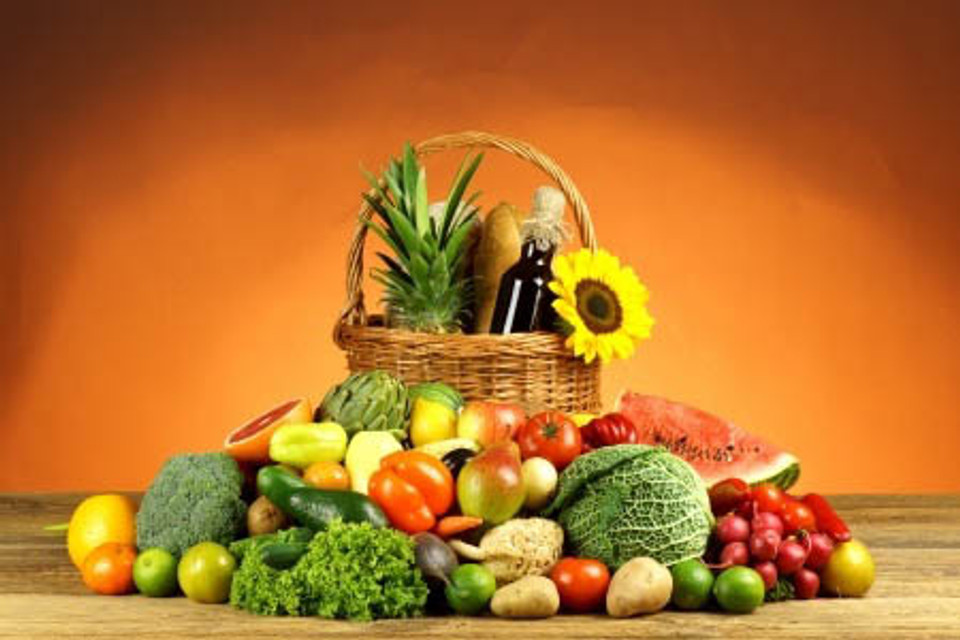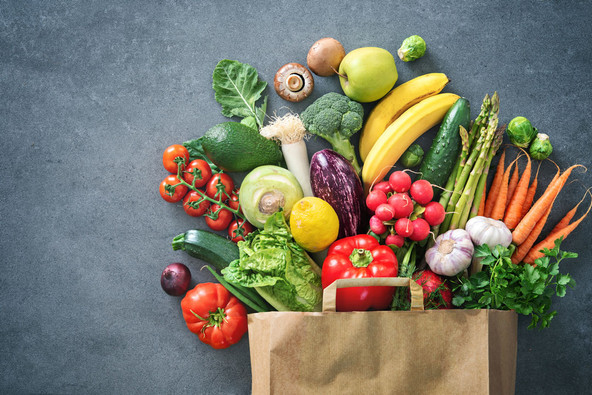Posted by Beyond Health on Nov 3rd 2025
Fresh Fruits and Vegetables…a Matter of Life and Death
By now, you know about the huge health benefits of eating plenty of fresh fruits and vegetables. Rich in essential nutrients, previous research shows fruits and veggies help promote mental well-being, control weight, improve digestion and vision, lower blood pressure and more. But how much is enough? The latest U.S. dietary guidelines for fruits and vegetables suggest consumers eat 2-1/2 to 6-1/2 cups per day—or about 5-13 servings—depending on calorie requirements. Yet, Americans get a paltry three servings per day on average.Now, according to a new study from the University College London, you need to eat 7 or more daily servings of fresh fruits and vegetables if you want to live longer. Using the Health Survey for England, British researchers analyzed the eating habits of 65,226 adults, age 35 and older. They discovered that the more fruits and vegetables they ate, the lower their chance of dying prematurely. In fact, compared to those eating less than one serving of fru…
read more Fuel your life with the purest vitamins
Fuel your life with the purest vitamins




